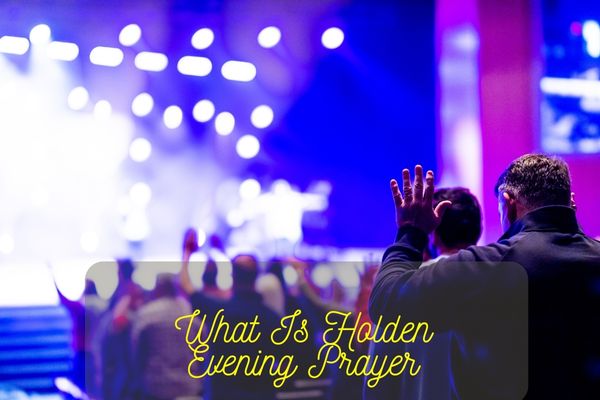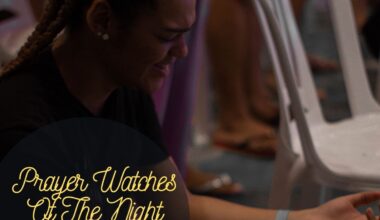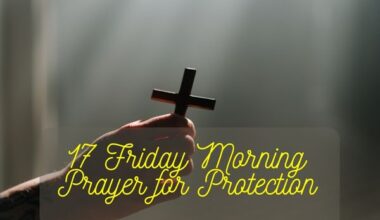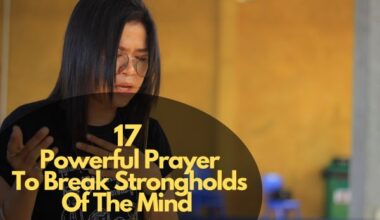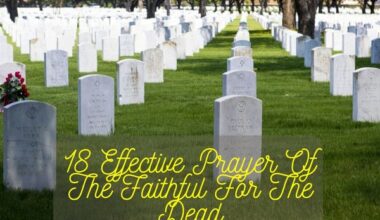For many seekers and believers, Holden Evening Prayer is a sacred space woven with words, music, and reverence, akin to a celestial fabric. From its modest beginnings in the 1980s in the peaceful environs of Holden Village, this liturgical prayer service—often shortened to HEP—has grown to become a beloved custom in many Christian denominations. With its foundation in an inclusive mindset, Holden Evening Prayer invites people into a calm place of prayer and provides a disciplined but flexible framework for evening devotions.
What Is Holden Evening Prayer
Holden Evening Prayer is a well-known and widely used liturgical setting for worship. Composed by Marty Haugen, this evening prayer service has gained popularity for its accessible and contemplative nature. In this article, we will look into the origins, structure, and significance of the Holden Evening Prayer. We will explore its musical elements, its purpose in the context of worship, and its impact on congregations. By understanding the essence of Holden’s Evening Prayer, readers will gain insights into its unique features and how it contributes to the worship experience.
Origins and Background
Holden Evening Prayer was developed at Holden Village, a Lutheran retreat center in Washington. The village’s emphasis on intentional community and contemplative worship influenced the creation of the prayer service. Marty Haugen, a renowned composer of liturgical music, composed Holden Evening Prayer in 1985. Haugen drew inspiration from various sources, including Taizé worship, the Iona Community, and traditional Lutheran hymnody.
The Structure
Holden Evening Prayer follows a traditional liturgical structure, consisting of psalms, readings, prayers, and musical responses. It is typically used for evening worship services or as part of the liturgical calendar, such as during Advent or Lent.
Musical Style and Characteristics
- The music in Holden Evening Prayer is characterized by simplicity, accessibility, and repetitive melodies.
- The use of chant-like melodies, memorable refrains, and easy-to-sing harmonies encourages active participation from the congregation.
Key Musical Components
Verses and Refrains
The service incorporates the singing of psalms, canticles, and hymn verses, often alternating with congregational refrains.
- Psalms: The psalms within Holden Evening Prayer form the emotional core of the practice. These poetic expressions, drawn from ancient scriptures, encapsulate a range of human experiences, from joy to sorrow. As participants engage with the psalms, they embark on a journey of self-reflection and connection with the divine.
- Canticles: The inclusion of canticles adds a musical dimension to Holden Evening Prayer. These scriptural songs, often sung in response to specific biblical events, contribute to the overall atmosphere of worship. The melodies weave seamlessly with the psalms, creating a harmonious blend of spoken and sung prayers.
- Hymn verses: refer to the stanzas or sections of a hymn that contain the lyrics or text of the hymn. In a hymn, there are typically multiple verses that contribute to the overall message, narrative, or theological exploration of the hymn
Prayer Responses
Short musical responses are interspersed throughout the service, providing opportunities for active congregational engagement
- Readings: Incorporating readings from sacred texts, Holden Evening Prayer draws on the wisdom of spiritual traditions. These passages, carefully selected for their relevance, provide additional layers of meaning and insight, enriching the collective understanding of the divine.
- Intercessions: The intercessions in Holden Evening Prayer invite participants to bring their concerns and hopes into the communal worship space. This segment serves as a bridge between the individual and the divine, fostering a sense of community and shared humanity.
Purpose and Significance in Worship
Reflective and Contemplative Worship: Holden Evening Prayer creates a contemplative and peaceful atmosphere, allowing worshippers to reflect and connect with God. The repetitive nature of the music and the use of silence invite participants to enter a meditative state.
Accessibility and Inclusivity: The simplicity and accessibility of the music allow people of various musical backgrounds to participate fully. Holden Evening Prayer embraces a diverse range of voices, inviting congregational involvement and fostering a sense of inclusivity.
Fostering Community and Participation: The congregational refrains and responses promote active participation, creating a sense of unity and community among worshippers. The service encourages collective prayer, where individuals join their voices in a shared worship experience.
Impact and Reception
Ecumenical Appeal: Holden Evening Prayer has gained popularity not only within Lutheran circles but also across various Christian denominations. Its inclusive and contemplative nature resonates with individuals seeking a worship experience that transcends denominational boundaries.
Spiritual Nourishment and Refreshment: Many congregations find Holden Evening Prayer to be a source of spiritual refreshment and renewal. The service provides a space for individuals to encounter God, find solace, and be refreshed in their faith journey.
Educational and Formation Tool: Holden Evening Prayer can serve as an educational tool for teaching liturgy, music, and worship practices to congregations, choirs, and worship teams. It can also be used as a platform for introducing new musical styles and fostering musical development within a worshiping community.
Examples of Psalms, Canticles, and Hymn verses that are commonly included in Holden Evening Prayer
Psalms
- Psalm 141: “Let my prayer rise before you as incense.”
- Psalm 51: “Create in me a clean heart, O God.”
- Psalm 46: “God is our refuge and strength, a very present help in trouble.”
- Psalm 23: “The Lord is my shepherd; I shall not want.”
Canticles
- Magnificat (Luke 1:46–55): Mary’s song of praise.
- Nunc Dimittis (Luke 2:29–32): Simeon’s song of praise upon seeing the infant Jesus.
- Song of Mary (Luke 1:46–55): Another version of Mary’s song of praise.
Hymn Verses
- “Come, Thou Fount of Every Blessing”: A hymn of gratitude and praise.
- “My Soul, Now Praise Your Maker”: A hymn celebrating God’s goodness and faithfulness.
- “All My Hope on God Is Founded”: A hymn expressing trust and reliance on God’s grace.
- “O Lord, Hear My Prayer”: A prayerful hymn seeking God’s presence and guidance.
Churches that Incorporate Holden Evening Prayer
- Lutheran Church-Missouri Synod (LCMS)
- Evangelical Lutheran Church in America (ELCA)
- United Methodist Church (UMC)
- Presbyterian Church (USA)
- Some non-denominational and interdenominational churches:
